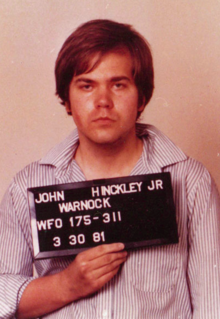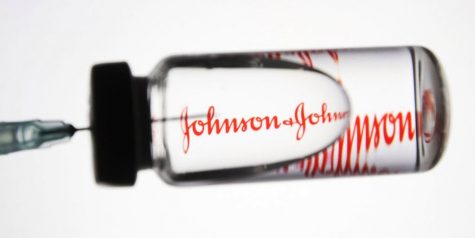Insane in the Membrane

November 29, 2018
Reading Truman Capote’s famous novel In Cold Blood for Journalism class has made us question the justice system, and more specifically the use of the insanity defense. Everyone in the United states is entitled to a defense, but, is the insanity defense being manipulated by criminals in order to secure a less harsher penalty? Critics are saying people are abusing the insanity defense to lessen their punishment in court. These cases get huge attention because the defendant is claiming he or she is not at fault because he is truly not himself. People argue if you should be allowed to argue this. Some are saying that they don’t know what they are doing because they are too ill. But, when is ill too ill. Although it is not often successful, we believe that the insanity defense is a flaw in our justice system.
What is the insanity defense? The insanity defense is also known as the “mental disorder defense”, is an affirmative defense by excuse in a criminal case, arguing that the defendant is not responsible for his or her actions due to an episodic or persistent psychiatric disease at the time of the criminal act.” In order to define “insane” you must look at the word Insanity and what it actually means. The word Insanity means the state of being seriously mentally ill: madness. So in our opinion, this could mean a wide variety of things. When does mentally ill turn into seriously mentally ill, and how do you know when a person goes insane. When does someone’s mental state escalate into psychotic behavior. How do we truly know the person isn’t lying? How long and how often is this defense looked at or reviewed. Martha Rand stated, “She thinks that there should be a clear line where mental disabilities lie. She wants each illness to have a different role in court so people could not deceive the court system.” There should be clear rules that apply across the United states.
Proving you are insane is very hard to do, so that’s why it rarely wins. According to Mr.Krieger, “Everyone is allowed a criminal defense; if there are mental impairments or disabilities that affect someone’s mind it should be allowed to be presented at trial. They should be treated if found not guilty. It is very hard to fake insanity, therefore it is harder to use it.” The only time the insanity defense is looked upon or received is when a case makes too much noise. Forensic psychiatrist Jonas Rappeport once said, “When you’ve got no better defense, that’s the way to go.” This is where the problem begins. Just being able to fall back and try to argue your sanity is pathetic. They are saying that they are at the point of not knowing what’s acceptable and what isn’t. This is because on an instinctual fall back to blame others or things for our problems.
A famous case that involved the use of the insanity defense was the Hinckley Trial. John Hinckley, Jr. attempted to assassinate president Ronald Reagan in 1981. John Hinckley, Jr. was declared not guilty for his actions. The verdict outraged Americans nationwide and many viewed the case as unjust. Not to mention that one bullet shot by John Hinckley, Jr. ricocheted and hit President Reagan in the chest. John Hinckley, Jr. is still alive at 63 years old. He was recently released in 2016 from being in a mental hospital for around 30 years. One assistant protecting President Reagan named James Brady was wounded during the attack in 1981. James Brady faced health complications after the attack 33 years later; he died in 2014. The cause of death was due to the bullet wound found in his brain that was shot by John Hinckley, Jr. His death was caused by Hinckley and declared “homicide”. However, John Hinckley, Jr. did not face charges in Brady’s death because he was found not guilty by reason of insanity.






